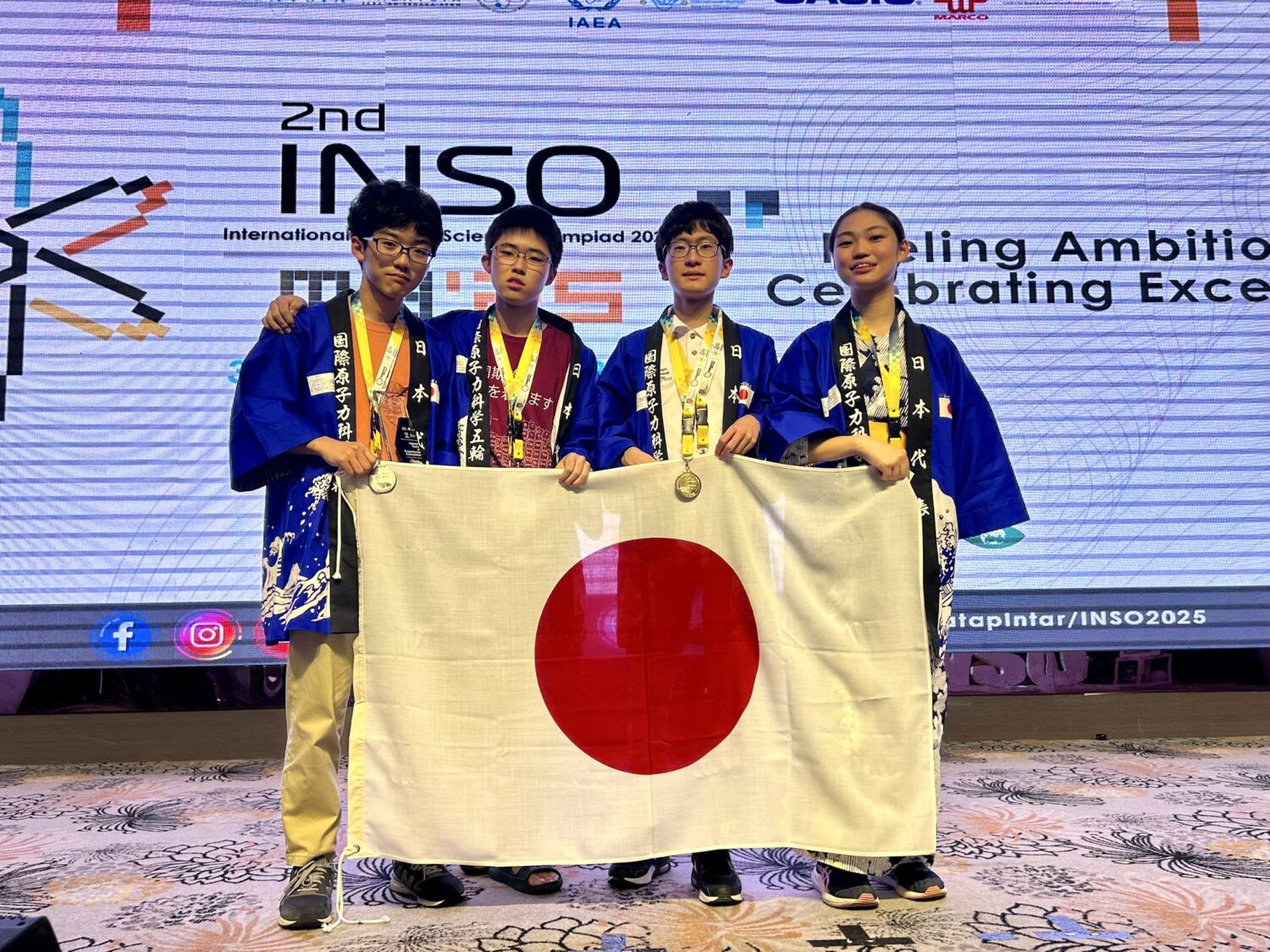Since 1997, the council has convened 13 times at turning points in fuel cycle history and whenever new prime ministers assumed office. It had previously met in August 2023 at the request of the previous Aomori governor.
Developments since the August 2023 meeting have been as follows:
- On August 29, 2024, the target date for the completion of the Rokkasho Reprocessing Facility, owned by Japan Nuclear Fuel Limited (JNFL), was postponed until FY26 (April 2026 to March 2027).
- On the same day, the target date for the start of operation of JNFL’s MOX Fuel Plant (J-MOX) was postponed to FY27 (April 2027 to March 2028).
- On November 6, 2024, operation began of the Mutsu Interim Storage Facility in Aomori Prefecture.
- On November 22, 2024, a report was issued on literature surveys conducted at Suttsu Town and Kamoenai Village, both in Hokkaido, toward the selection of a high-level radioactive waste (HLW) disposal site.
At the December 24 meeting, Governor Miyashita, speaking from the perspective of one of Japan’s nuclear facility-siting regions, called upon the national government and nuclear facility operators to confirm the current status of the following activities:
- Promotion of the national nuclear and nuclear fuel cycle policy.
- Efforts toward the completion and operation of the Rokkasho Reprocessing Facility.
- Plans for the medium- and long-term use of the Mutsu Interim Storage Facility.
- The use of plutonium.
- Time targets for the final disposal and removal of high-level radioactive waste (HLW) and the like, and the observance of those targets.
- ANRE’s stance on the creation of a Council on the Joint Creation of Coexistence Among Aomori Prefecture, Siting Regions, and Nuclear Facilities, and Ideas for the Future.
Representing the government at the meeting were the following five officials:
- Chief Cabinet Secretary HAYASHI Yoshimasa
- ASAO Keiichiro, minister of State for Nuclear Emergency Preparedness
- KIUCHI Minoru, minister of State for Science and Technology Policy
- ABE Toshiko, minister of Education, Culture, Sports, Science and Technology (MEXT)
- MUTO Yoji, minister of Economy, Trade and Industry (METI)
Representing nuclear facility operators at the meeting was HAYASHI Kingo, chair of the Federation of Electric Power Companies of Japan (FEPC).
Currently, discussions on issuance of the next Strategic Energy Plan are reaching a climax. The Japanese government has repeatedly stressed its position that “utilizing nuclear energy is essential on the premise of ensured safety, so as to simultaneously realize stable energy supplies, economic growth, and decarbonization.” The government has also asserted that it would steadfastly promote nuclear power and the nuclear fuel cycle as a basic national policy.
Completing the Rokkasho Reprocessing Facility, the government says, is something to be “definitely accomplished” and for which it will “make the utmost effort.” It has instructed not only JNFL but the nuclear industry as a whole to thoroughly manage their efforts, including responses to examinations by the Japan Nuclear Regulation Authority (NRA), and to ensure the necessary human resources.
From the viewpoint of nuclear facility operators, and with the mission of supplying electricity for the nation in a stable fashion, FEPC Chair Hayashi reiterated his recognition that “the nuclear fuel cycle is inseparable from safe operation of nuclear power plants.” He said that FEPC would deal consistently with such issues as spent fuel management and the use of plutonium.



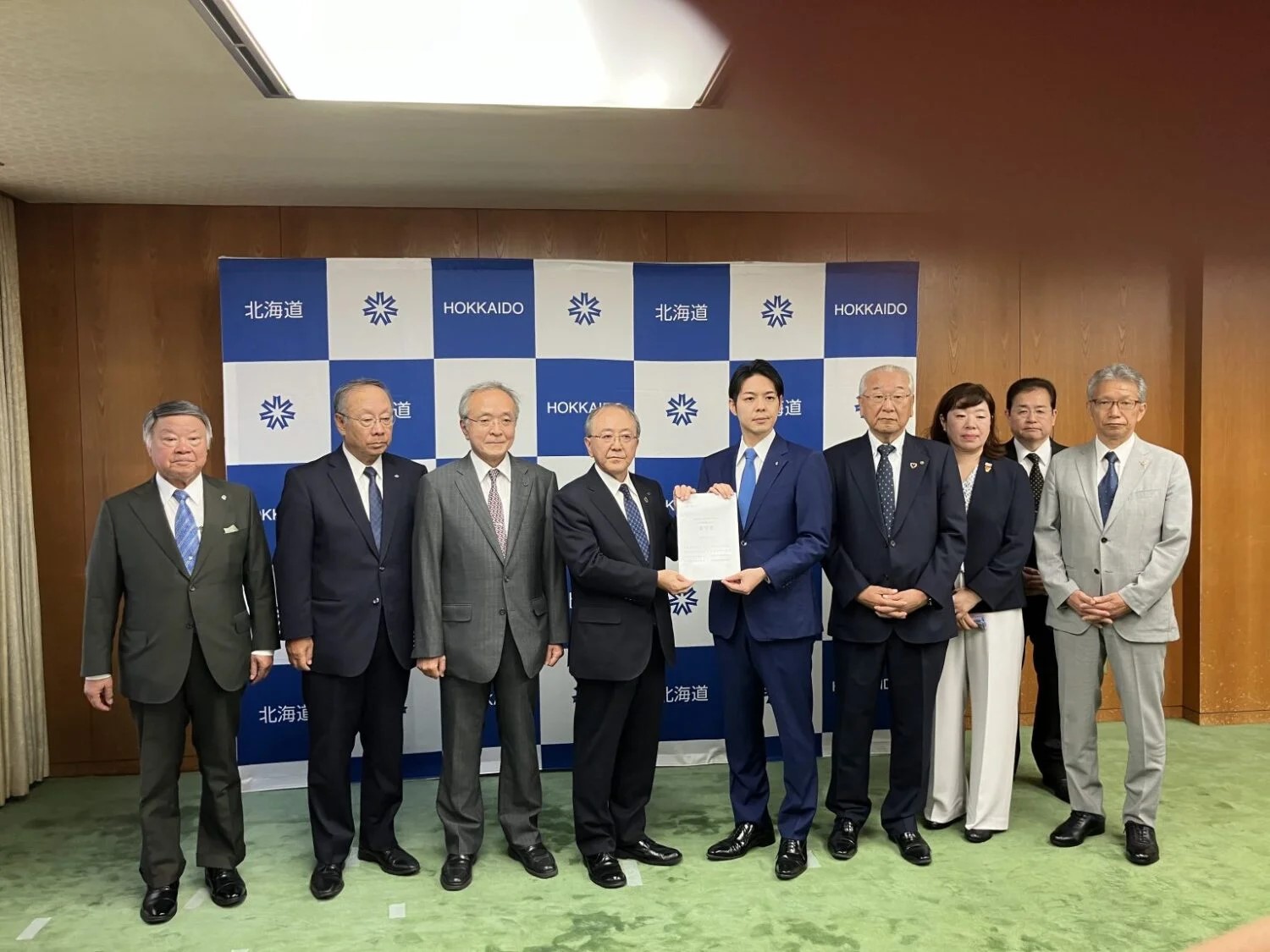



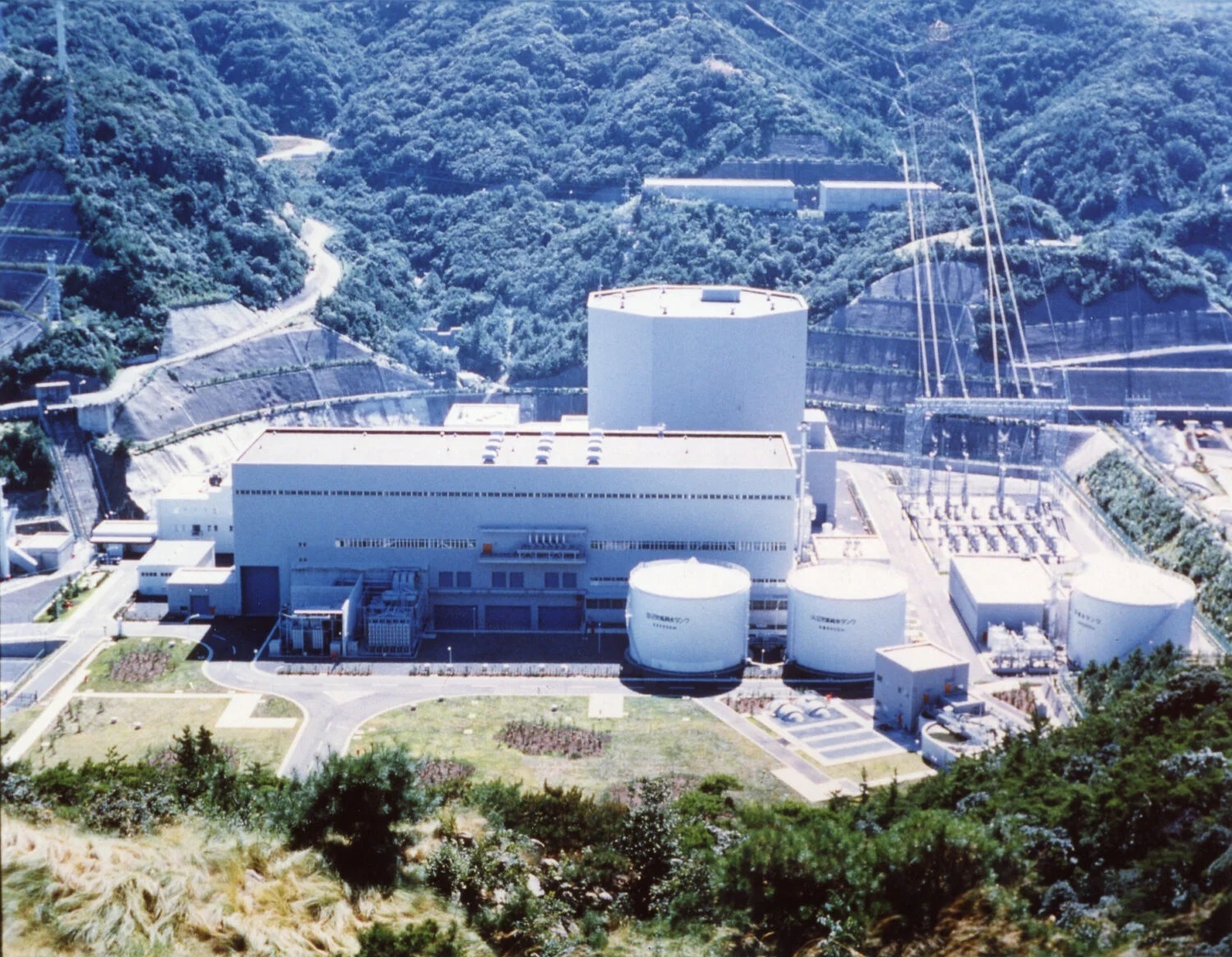
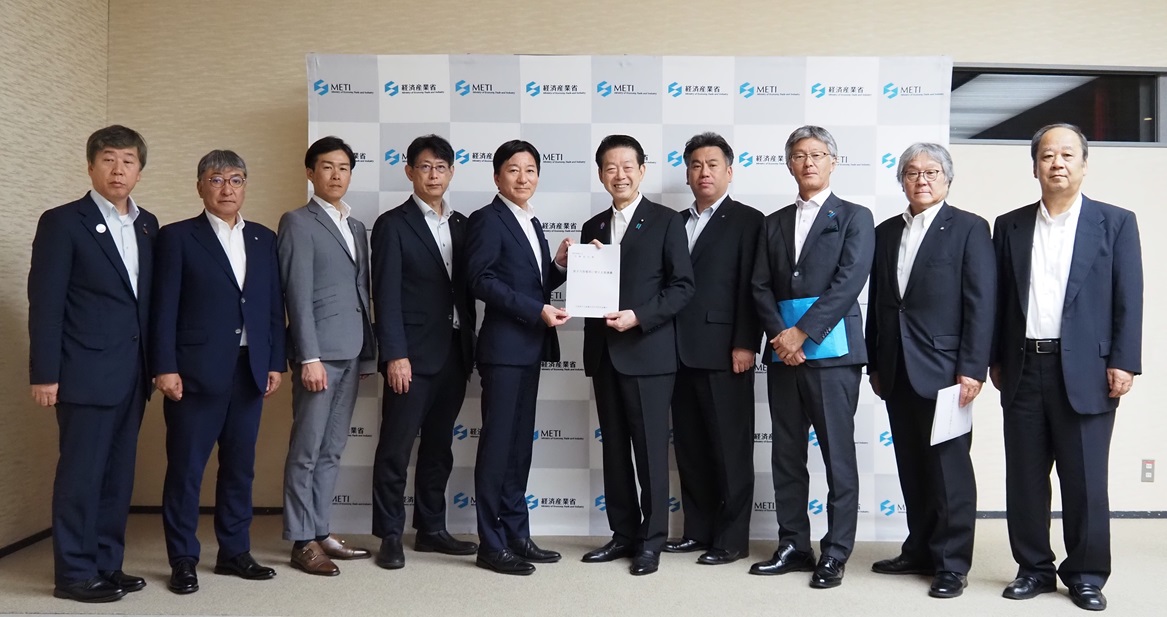





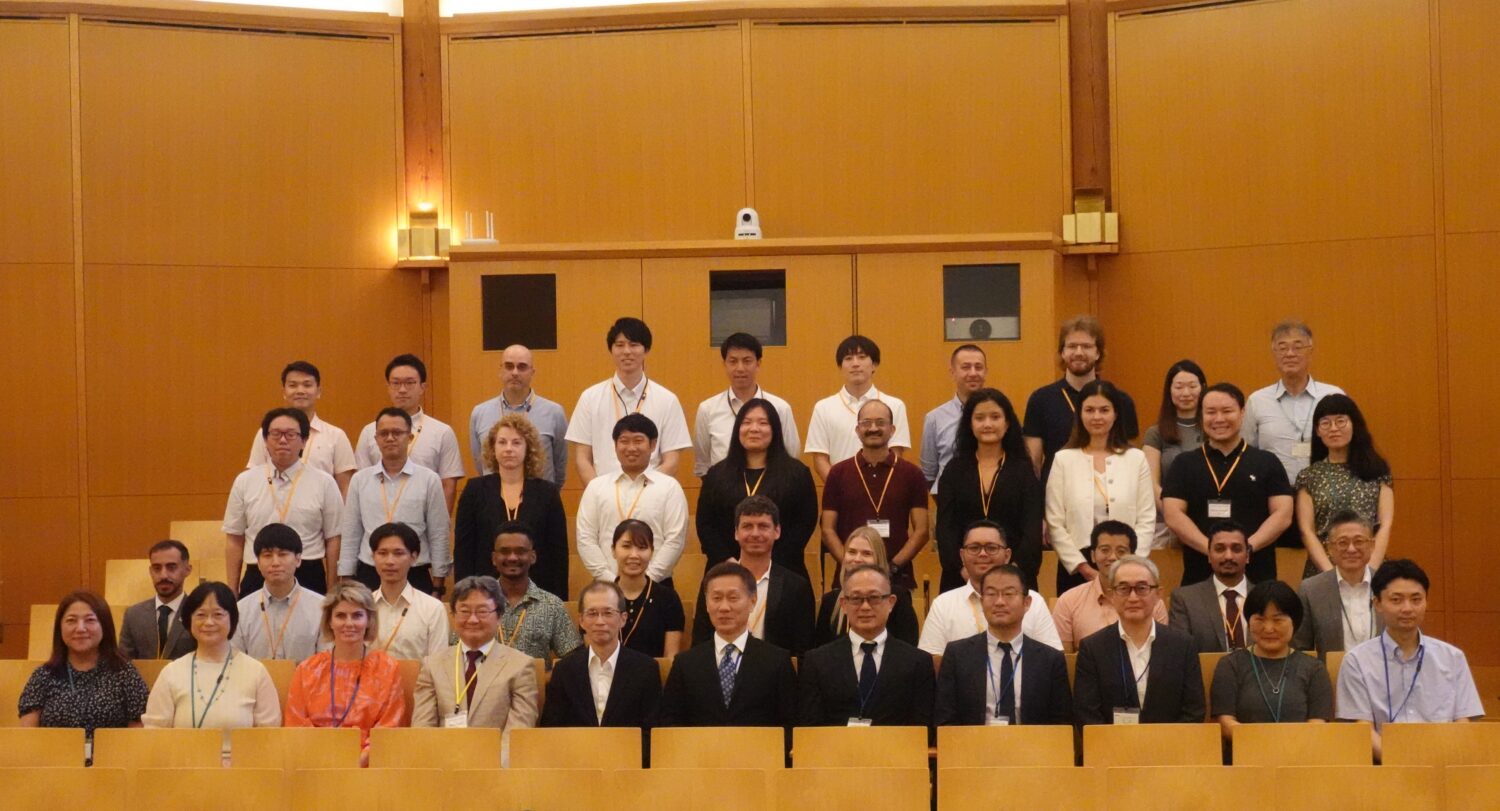
.jpg)
